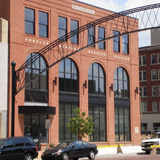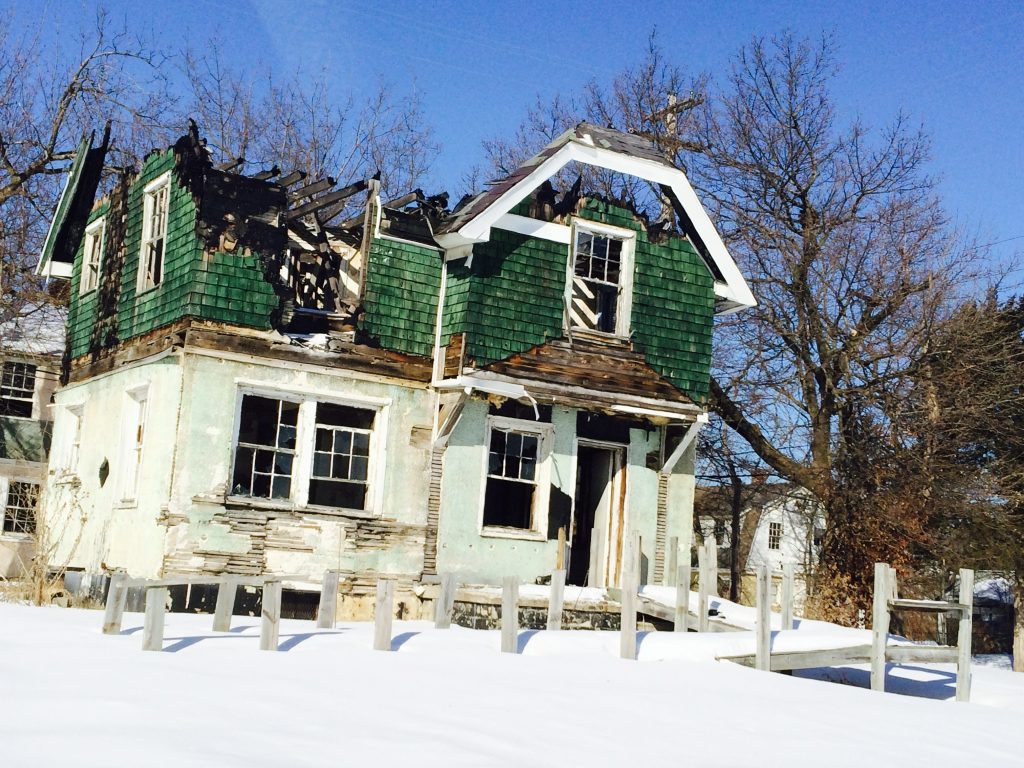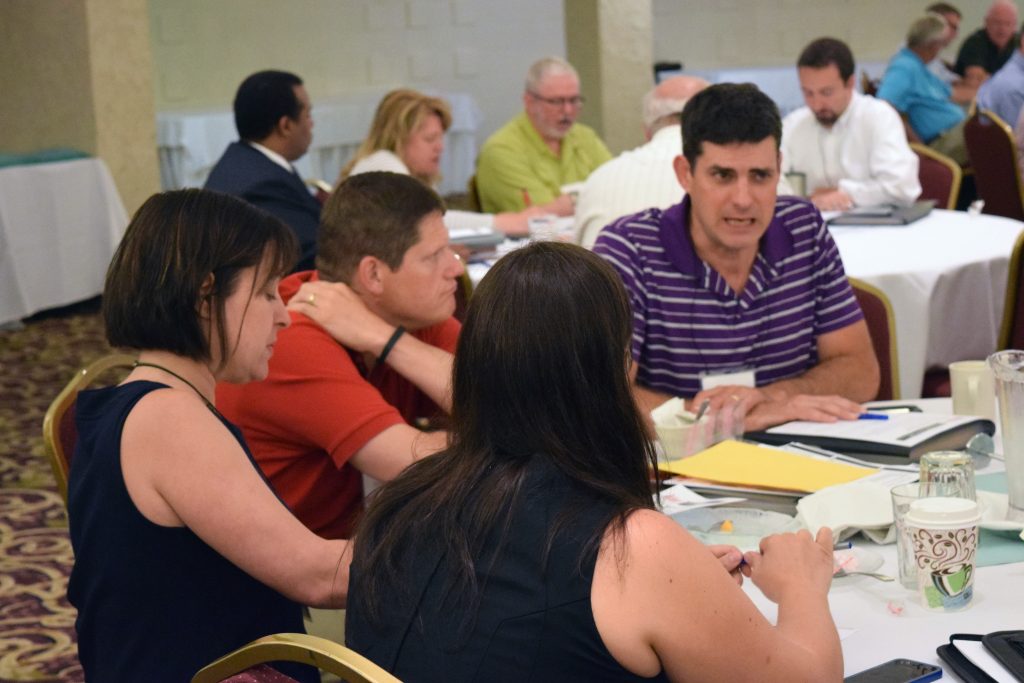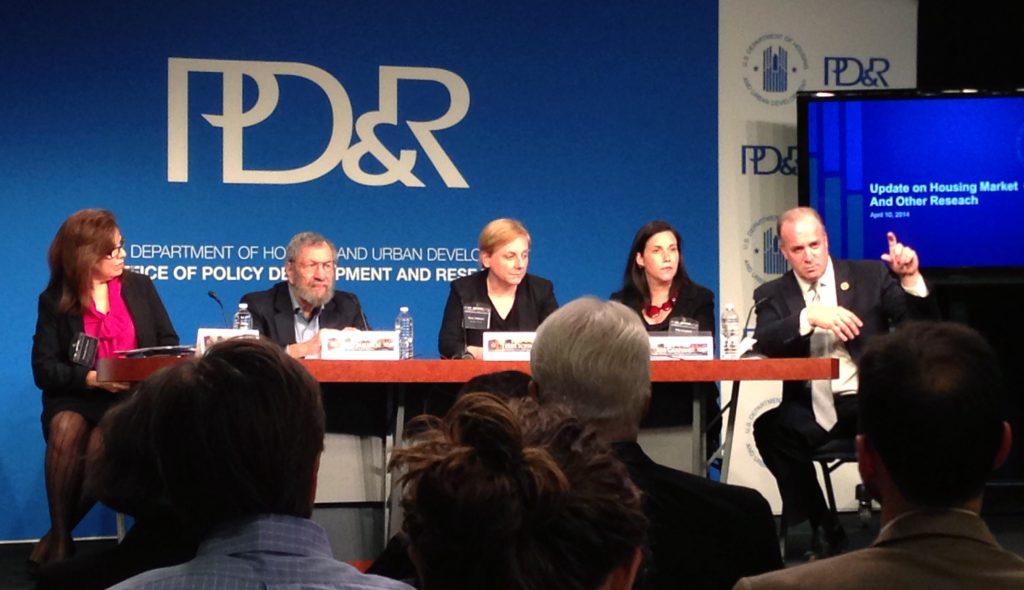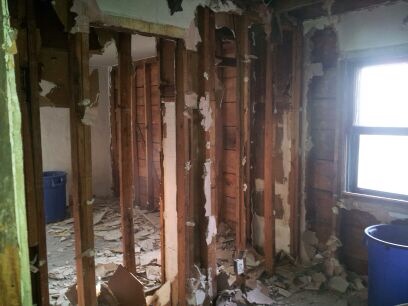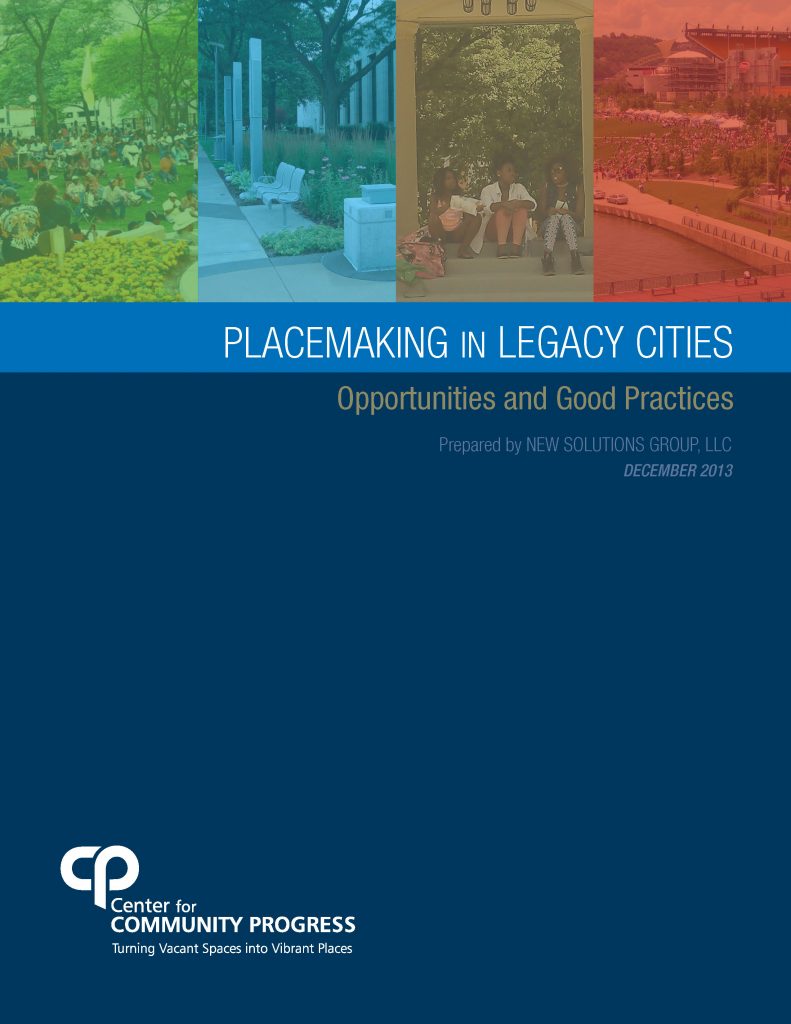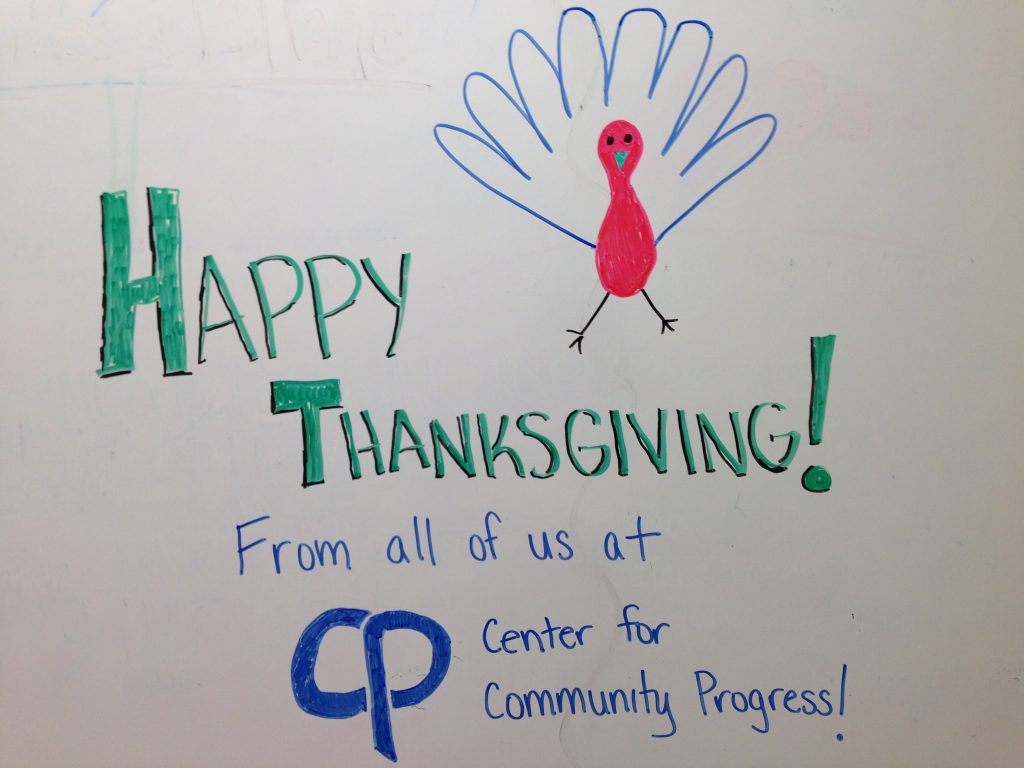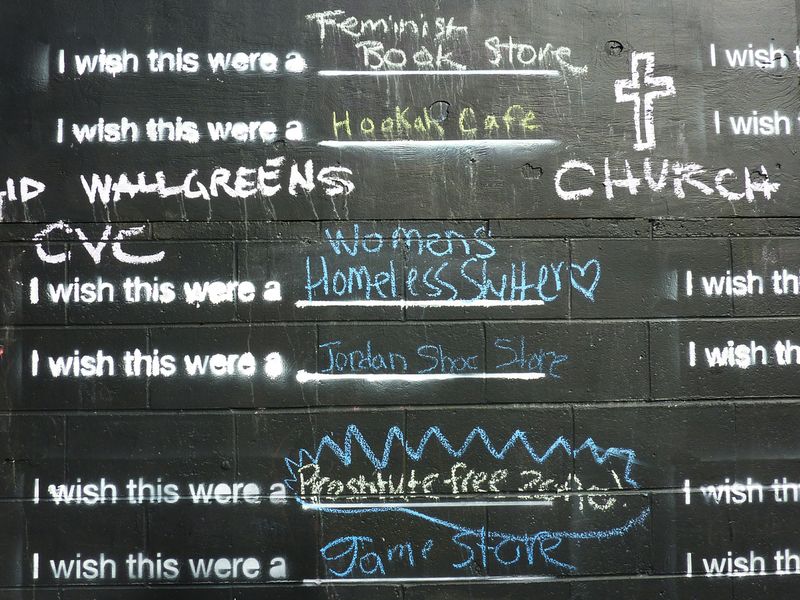Posts Tagged ‘Michigan’
Flint’s framework for the future
This article was originally published in the Summer 2014 issue of Breaking Ground, our quarterly newsletter. To receive Breaking Ground in your inbox, please join our email list. It might go without saying, but the City of Flint in 2014 is very different from the Flint of 1960. Decades of population loss have brought about…
Read MoreHardest Hit Funds demolition policy change on track to become a boon for distressed communities
This article was originally published in the Summer 2014 issue of Breaking Ground, our quarterly newsletter. To receive Breaking Ground in your inbox, please join our email list. For an update on the latest round of Hardest Hit Fund allocations in April, 2016, click here. In February 2010, President Obama unveiled the Hardest Hit Fund, a…
Read MoreBuilding a movement: Michigan Land Bank Leadership Summit
“You’re going to be the vanguard for what will become a movement across the nation.” That was the call to action George McCarthy issued during a keynote address to the nearly 100 attendees at the Michigan Land Bank Leadership Summit (MLBLS), who represented over 30 counties throughout the State of Michigan, primarily as land bank staff…
Read MoreWebcast: Community Progress speaks on vacant properties and land banks at HUD
In conjunction with the release of HUD’s latest issue of “Evidence Matters,” Kim Graziani and Alan Mallach were invited to speak at HUD’s Quarterly Briefing last week. They were joined by U.S. Representative and Community Progress co-founder Dan Kildee (MI), Yolanda Chavez, Deputy Assistant Secretary for Grant Programs in HUD’s Office of Community Planning and Development, and…
Read MoreBreaking down deconstruction: What Detroit gained from dismantling instead of destroying
It might not be immediately obvious, but in the rubble and decay of vacant, dilapidated properties — those that are so far deteriorated, they’ve been slated for demolition — there is much value to be found. That’s where deconstruction comes into the picture. Deconstruction is the process of salvaging the structural components of a blighted…
Read MoreJust released! Our new report shares stories of placemaking in Legacy Cities
Today marks the release of our latest publication: Placemaking in Legacy Cities: Opportunities and Good Practices! The impetus for the report began with a question: how does placemaking apply to Legacy Cities — those former industrial hubs that are rich in historic, institutional, and other assets, but are grappling with sharp population declines? Are there good…
Read MoreSeason’s greetings from Community Progress
Season’s greetings from Community Progress! As 2013 comes to a close, we took some time to reflect on the last twelve months. It’s easy to declare, “It was such a busy year!” – when is it not a busy year? – but we’d like to say, sincerely: it was a remarkable year. Here are just…
Read MoreDemolition the right way: Using strategic demolition to revitalize communities
Though temperatures were in the low 40’s, spirits were high when I attended the 3rd Anniversary of the multifaceted Vacants to Value program in Baltimore last month. Over the past 3 years, Baltimore’s Vacants to Value (V2V) program has rehabbed 1,500 homes and demolished more than 700. Both blight reduction strategies were on display during the anniversary…
Read MoreWhat we’re thankful for today
If there’s one thing we’ve learned in this line of work it’s that, all over the country, there are thousands of talented, passionate leaders doggedly fighting the good fight to reclaim their communities from the scourge of blight. And, in the face of challenges that can seem insurmountable, these leaders are succeeding. In fact, if…
Read MoreI Wish This Were a ______: A community re-imagines a blighted building in Lansing
Some chalkboard paint and a bucket of chalk turned a vacant eyesore into a canvas of possibilities in Lansing, Michigan’s Urbandale neighborhood. The abandoned, crumbling Paro Party Store had been a blight on Lansing’s East side for years. “I thought to myself, ‘Wouldn’t it be neat to have a co-op grocery store with local foods?’”…
Read More
